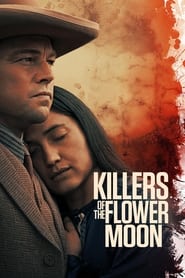Eschewing a classical linear narrative technique forecloses on a cathartic liberal reading that is so typical of other historically-informed dramas—and naturally inappropriate here.
A few people are surprised by Jack Fisk's bar/barbershop combination; indeed, even Fisk himself implies it might be an anachronism. However, there's at least one of these in the opening moments of Howard Hawk's Rio Bravo (1959).
I'm a little less taken by the press narrative swirling around at the time of the film's release that they overhauled the script to shift the perspective away from the white characters. However true, it just seems a little too convenient a talking point to preemptively get ahead of any critique that its principal stars are famous white men (etc.). Not a criticism of the film per se, but I look forward to retrospectives of this film in a few years when it can be placed in a broader and a more critical/analytical context.
Ernest starts the film as a taxi driver, reminding us of Scorsese the modernist auteur of the 1970s [ie. Taxi Driver], who here reasserts himself outside of this naturalistic movie in its coda, where the lie of entertainment mirrors the contemporary scenes of the cleaners in The Zone of Interest. In Europe there are museums for these horrors, their history expressed in piles of shoes and eyeglasses. In America it’s called showbiz.
— A. S. Hamrah (n+1)
An uncompromisingly bleak film in which the white settlers are genocidiers, direct accomplices, or useful idiots. How could Ernest Burkhart comply with a plot to murder his wife if he loved her so much? How could Mollie Burkhart stay with him even after she realized what was going on? How do any of us compartmentalize anything? If everyone in any position of power over you is telling you that things are going to be a certain way, and you might as well do the best you can within that reality, what are you going to do?

